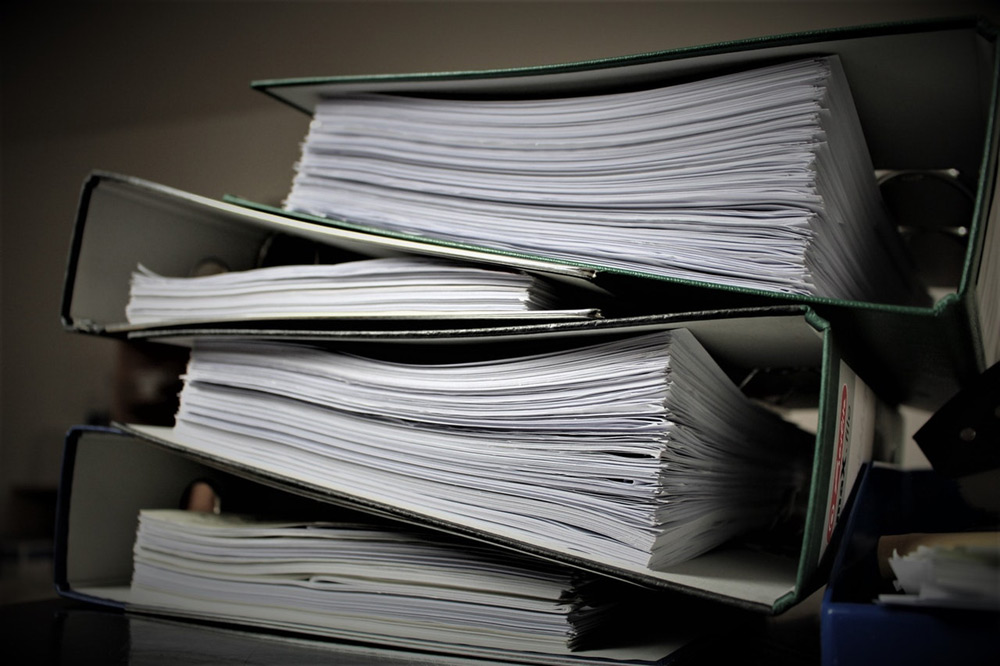While most homeowners aren’t surprised that HOAs come with their own set of rules and regulations, many people still have questions regarding the specifics of these rules.
As members HOA, it is essential that unit owners have a clear understanding of their condo HOA rules. Otherwise, they may face unwanted penalties.
To avoid these consequences and feel more confident as a member of HOA, we are here to help break down these rules so that you know exactly what is expected of you as a homeowner.
What Rules Condo HOAs Have to Follow
As formal establishments, condo HOAs are not exempt from following a set of rules.
First, it is important to understand that there is an HOA board and management company responsible for making sure a condo community runs effectively.
The two different entities have their own roles and expectations.
The HOA board is comprised of elected volunteers, often community residents, who help manage the upkeep of the community. Here are a few basic rules and expectations of a condo HOA board:
- Act in a fair and consistent manner
- Refrain from voting on issues or making decisions that present a conflict of interest
- Maintain confidentiality
- Treat homeowners and other board members with respect during discussions and throughout any dispute resolution
The HOA board hires an HOA management company which provides helpful business advice and facilitates day to day operations. Their role is to implement the guidelines set by HOA, ensuring that they work in accordance with the state and national laws that protect homeowners.
What Rules Condo HOAs Expect you to Follow
Every homeowners’ association establishes their rules through their own covenants, conditions, and restrictions (CC&Rs). These CC&Rs apply to all condo residents and cover expectations regarding resident behavior, architecture, and common responsibilities.
Many common condo rules and regulations revolve around financial responsibilities, pet regulations, rental guidelines, and maintenance standards.
Arguably one of the most critical expectations as a condo owner is paying monthly HOA fees on time. These fees are non-negotiable and critical for HOA to fund services and amenities for the community.
How Rules are Enforced
Whatever the CC&Rs may be, they are not voluntary. Residents have a legal obligation to follow the condo HOA rules or they risk facing fines and/or legal action.
Generally, if the HOA board notices that a resident is not following a rule or missing HOA dues, a warning will be set in place- often in the form of a written letter. Along with the letter, residents may receive additional fines on top of their monthly fees. If you don’t pay the fine or respond to letters from the board, property manager, or a collection agency, the HOA can and will turn to small claims court or file a lien against your property.
To avoid any one of these penalties, it is crucial to follow the rules and pay your dues.
As a homeowner, it is part of your responsibility to know and follow the condo HOA rules. This will ensure a better community for all parties.





